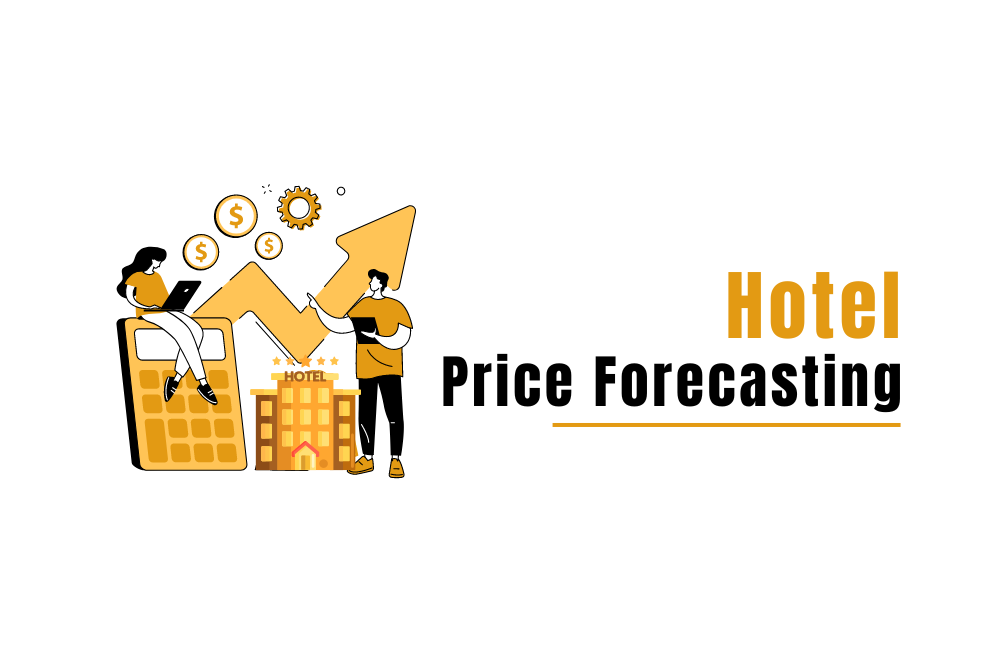
Introduction
The hotel industry is highly dynamic and competitive, with revenue management playing a pivotal role in ensuring long-term success. Effective revenue management relies on accurate forecasting and efficient availability controls to optimize room rates, maximize revenue, and enhance guest satisfaction. In this article, we will delve into the significance of forecasting and availability controls in hotel revenue management and explore the strategies that can help hoteliers make informed decisions to achieve their business objectives.
The Importance of Forecasting
Forecasting serves as the foundation of hotel revenue management, as it involves predicting future demand and market trends to optimize pricing and inventory. Accurate forecasting empowers hoteliers to anticipate fluctuations in demand, special events, and seasonal patterns, allowing them to adapt their strategies accordingly. By leveraging historical data, market intelligence, and advanced analytics, hotels can make informed decisions about pricing, promotions, and distribution channels.To improve forecasting accuracy, hotel revenue managers must consider various factors, including:
a. Historical Data Analysis: Analyzing past performance data can provide valuable insights into booking patterns, seasonality, and trends. Utilizing this information, hoteliers can adjust pricing and inventory availability to cater to different segments effectively.
b. Market Research: Keeping a close eye on market trends, competitor pricing, and events can aid in identifying potential opportunities and threats, enabling better decision-making.
c. Demand Segmentation: Different customer segments exhibit diverse booking behaviors. Segmentation helps hotels understand which groups to target, allowing them to tailor pricing and promotional strategies for maximum impact.
Implementing Availability Controls
Availability controls involve strategically managing room inventory to maximize revenue while meeting guest demand. Effective availability controls prevent revenue loss due to overbooking or underselling and optimize room rates to achieve the best possible yield. Some key aspects of implementing availability controls include:a. Overbooking and Underbooking: Overbooking, while risky if not managed properly, can help hotels mitigate potential revenue losses due to cancellations or no-shows. Underbooking, on the other hand, can be useful during times of uncertainty or to create a sense of urgency among potential guests.
b. Rate Fences: Rate fences are restrictions applied to specific rates based on factors such as booking lead time, length of stay, and room type. By setting rate fences appropriately, hotels can encourage guests to book at higher rates while offering lower rates to those who book early or stay longer.
c. Channel Management: Managing availability across different distribution channels is crucial in ensuring rate parity and preventing rate erosion. By employing a channel management system, hotels can control inventory allocation and maintain consistency in pricing.
Leveraging Technology and Data Analytics
The advent of technology and data analytics has revolutionized hotel revenue management, making it more efficient and effective. Revenue management systems (RMS) powered by advanced algorithms can process vast amounts of data and provide real-time insights, allowing hoteliers to make quick, data-driven decisions. These systems consider various factors, such as demand trends, competitor pricing, and customer behavior, to recommend optimal pricing and inventory strategies.Additionally, predictive analytics can aid in demand forecasting, enabling hotels to adjust rates dynamically based on anticipated demand. Machine learning algorithms can also help in identifying demand patterns that might have been overlooked in traditional manual approaches.
Conclusion
Forecasting and availability controls are fundamental pillars of hotel revenue management, enabling hotels to optimize pricing, maximize revenue, and deliver enhanced guest experiences. Accurate forecasting empowers hoteliers to anticipate demand fluctuations and make informed decisions based on market insights. Availability controls, when implemented wisely, help hotels optimize inventory allocation and pricing strategies, ensuring that revenue potential is maximized without compromising on guest satisfaction.
In today's competitive hospitality landscape, embracing technology and data analytics is essential for hotels looking to stay ahead of the curve. By harnessing the power of advanced revenue management systems, hotels can unlock new levels of efficiency and profitability, providing a win-win scenario for both the hotel and its valued guests.
Submitted By: OARSolutionSubmitted On: July 18, 2023Visit Website